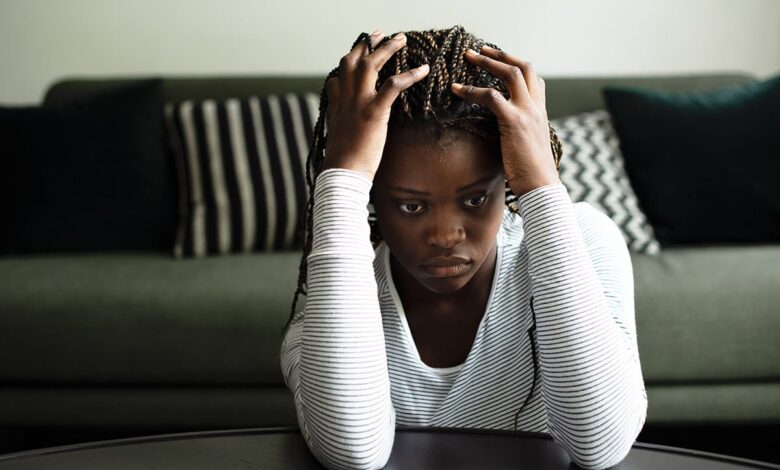Peer Pressure Among Teenage Girls And Boys


By Deborah Titilope Olubodede
Teenage peer pressure is a common phenomena that affects kids from all backgrounds and can take many different forms. The most crucial years of a person’s life are frequently their teenage years. People go through considerable physical and emotional changes throughout this time, and they also experience stress from a variety of sources, including pressure from their peers and other members of their own social group. Teenagers are under more strain as they try to blend in, be accepted, and feel appreciated by their peers. Social media, which exposes teens to a world of inflated expectations and standards, makes them feel the burden even more.

Both teenage boys and girls are prone to peer pressure, which can result in dangerous behaviors that are bad for their health as well as their wellbeing. These have negative effects. They might feel pressure to use drugs or alcohol, drink, or engage in first-time sex interactions with the other gender.
At this critical time in their lives, girls experience a lot of pressure, including social media, hormonal changes, and societal expectations all place a lot of pressure on them. They are under pressure from their peers to act in a specific way, act a certain way, think a certain way, and dress a certain way. Girls experience pressure to live up to the beauty standards set by their peers, celebrities, and social media influencers or to engage in destructive behaviors including drug and alcohol misuse, sexual activity, and bullying in order to fit in with their friend’s group.

When girls feel they do not fit in, they experience a great deal of insecurity that can result in unhealthy obsessions with their appearance, disordered eating, and even depression. They may feel they must dress a certain way, wear makeup, or change their appearance in order to be accepted by their peers. Girls who do not fit the mold, face ridicule and rejection from their peers, which consequently lower their self-esteem and confidence.
On the other side, social pressure to act masculinely is something that boys frequently experience. If a boy doesn’t conform to the standards of society, he may be viewed as a weakling, subject to bullying or exclusion, which lowers his self-esteem and confidence. Society expects them to be tough, emotionless, and to avoid behaviors considered feminine. In order to prove their masculinity or simply to fit in with their peers. They may feel pressured to engage in risky behaviors like smoking, drinking, and drug use, or even engage in aggressive behavior like bullying and fighting. This can have a variety of negative effects, including violence, aggression, and homophobia.

It is important to recognize that peer pressure can have both positive and negative effects, but it is regrettable that the negative effects outweigh the positive effects. Peer pressure’s negative effects can have long-term effects on a teen’s wellbeing and can result in addiction, health issues, mental health issues like depression and anxiety, and in the majority of cases, self harm or suicide.
It is important to educate teens about the risks associated with engaging in risky behaviors and to be open with them about their struggles because peer pressure is a difficult challenge for many teenagers and can have a negative impact on their behavior and mental health. By understanding how peer pressure affects teenage boys and girls, we can help them better.

Making a culture where it’s okay to be yourself, rather than conforming to unrealistic social expectations, encouraging them to prioritize their own values and goals instead of feeling like the underdog. Giving them the knowledge and confidence they need to resist peer pressure. This includes teaching teenagers about decision-making, problem-solving, and assertiveness.
Teenagers can develop the ability to fend off peer pressure and make wise decisions that contribute to a joyful and healthy life with these small supports from parents, teachers, role models, elders or educators!.





